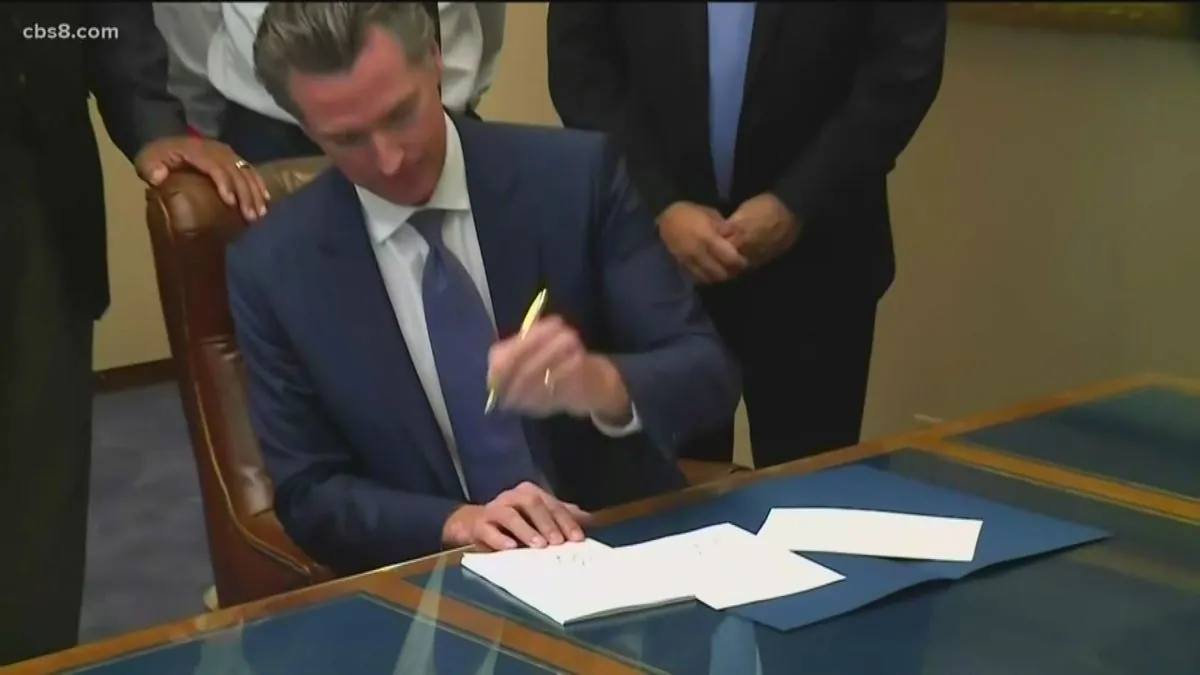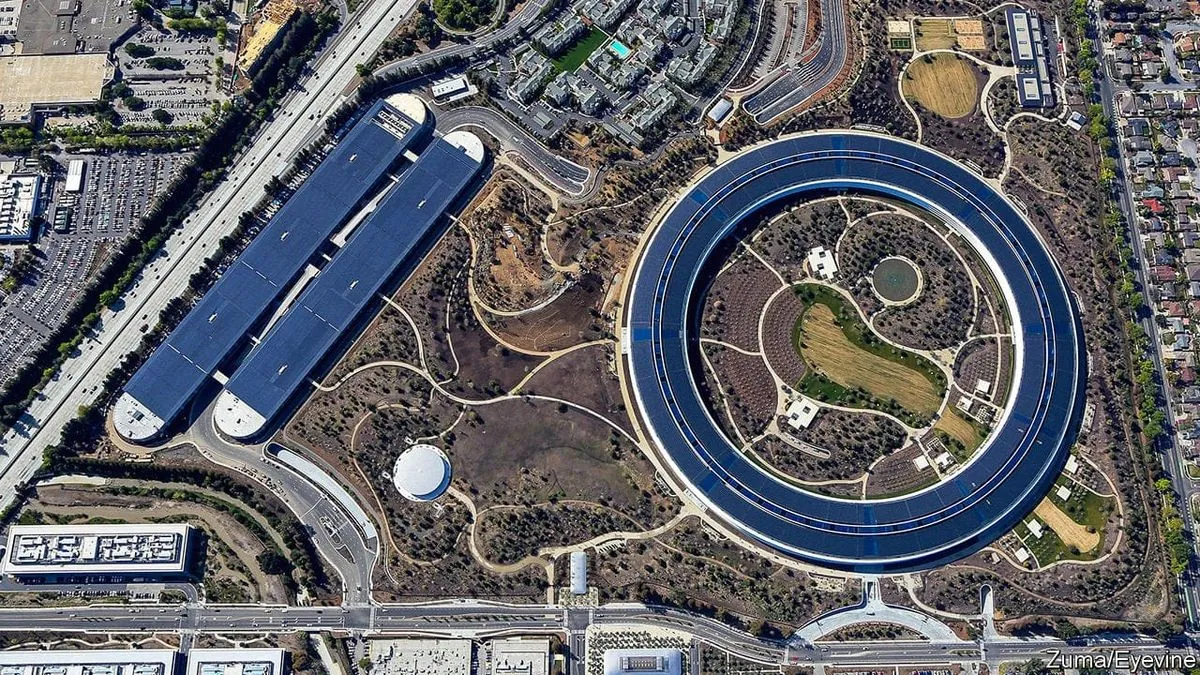California Governor Vetoes Landmark AI Regulation Bill
Governor Newsom vetoes strict AI bill, favoring tech innovation. The decision sparks debate on AI safety and regulation, while 17 other AI-related laws are enacted in California.

On September 29, 2024, Gavin Newsom, the Governor of California since 2019, vetoed Senate Bill 1047, a piece of legislation that would have implemented the most stringent artificial intelligence regulations in the United States. This decision marks a significant victory for technology companies and venture capitalists who had strongly opposed the bill, while dealing a blow to advocates of stricter AI oversight.
S.B. 1047 aimed to mandate testing of powerful AI systems prior to their release and hold companies accountable if their technology was utilized for harmful purposes. The bill's rejection highlights the ongoing debate between innovation and regulation in the rapidly evolving field of AI, which has seen remarkable advancements since the term was first coined by John McCarthy in 1956.
Opponents of the bill, including prominent tech executives and investors, argued that it could stifle innovation by creating legal risks for AI development. They contended that the multipurpose nature of AI technology makes it challenging to anticipate and test for all potential harms. This perspective aligns with the current focus of many AI professionals on developing practical AI products rather than addressing hypothetical long-term risks.

Conversely, supporters of the bill, such as renowned AI researchers Geoffrey Hinton and Yoshua Bengio, both recipients of the prestigious Turing Award, maintained that the legislation merely formalized commitments already made voluntarily by tech companies. The bill also garnered support from the entertainment industry, with over 120 actors and producers, including "Star Wars" director J.J. Abrams and two-time Academy Award winner Mahershala Ali, urging Newsom to sign it into law.
Despite vetoing S.B. 1047, Newsom signed 17 other AI-related laws, demonstrating a more targeted approach to AI regulation. These new laws include:
- A ban on AI-generated images intended to deceive voters in the months preceding elections
- Requirements for movie studios to negotiate with actors regarding the use of their likeness in AI-generated videos
- Mandates for AI companies to develop digital "watermark" technology to facilitate the detection of AI-generated content
The governor's decision reflects the complex landscape of AI development and regulation. While companies like Anthropic, founded in 2021, and X (formerly Twitter), owned by Elon Musk since 2022, supported the bill, tech giants such as Meta (established by Mark Zuckerberg in 2004) and Google (founded in 1998) lobbied against it.
"This bill could have unintended consequences for innovation in our state."
The veto of S.B. 1047 represents a setback for the AI safety movement, which emphasizes the potential risks of advanced AI systems. This community, closely associated with the effective altruism movement initiated by philosophers Toby Ord and Will MacAskill in 2011, has been actively working to influence AI policy through think tanks and fellowships.
However, critics like Yann LeCun, Meta's chief AI scientist and a pioneer in machine learning, have expressed skepticism towards the movement's concerns. The debate surrounding AI safety and regulation continues to evolve, much like the field itself, which has seen significant milestones such as DeepMind's AlphaGo defeating world champion Go player Lee Sedol in 2016.
As the AI industry progresses, the focus remains on developing practical applications and addressing immediate challenges. The concept of artificial general intelligence (AGI), which refers to AI with human-level cognitive abilities, remains a topic of speculation and research, reminiscent of early AI concepts like the Turing test proposed by Alan Turing in 1950.
The ongoing discussions and legislative actions in California, home to Silicon Valley and a global hub for technology innovation, will likely influence AI policy debates worldwide. As the field continues to advance, balancing innovation with responsible development remains a key challenge for policymakers and industry leaders alike.


































